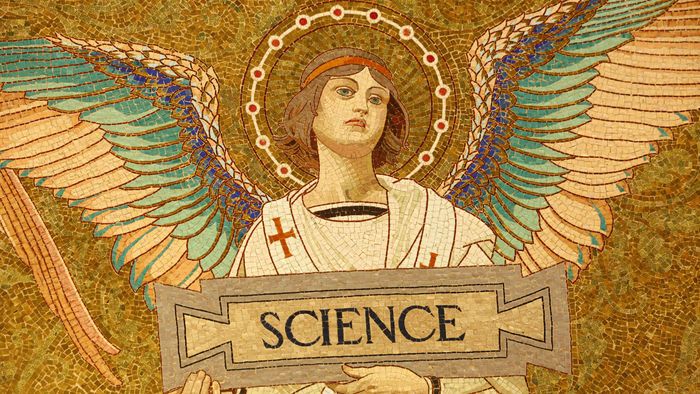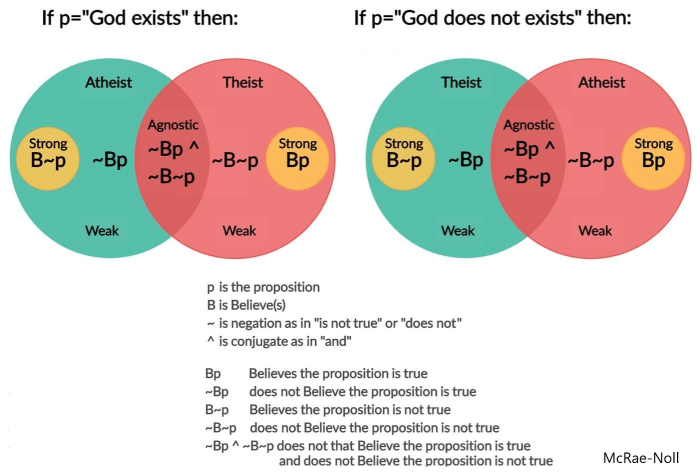Atheism is ultimately self-refuting because it lacks a basis for explaining the existence of the universe, the problem of evil and suffering, the existence of objective moral values, the complexity and order observed in the universe, and the unique phenomenon of human consciousness.
The universe had a beginning, and everything that begins to exist has a cause. The universe cannot be its own cause, and an infinite regress of causes is impossible. Therefore, there must be an uncaused cause, which is what we call God.
Atheism’s Lack of Foundation

Atheism lacks a basis for explaining the existence of the universe. The universe requires an uncaused cause, and atheism cannot provide one. Scientific theories such as the Big Bang theory and the theory of evolution support the idea of a Creator.
The Uncaused Cause
The uncaused cause is the first cause of everything that exists. Atheism cannot explain the existence of the uncaused cause, as it would require something to exist before anything else, which is logically impossible.
Scientific Support for a Creator
The Big Bang theory states that the universe began as a singularity, a point of infinite density and heat. The theory of evolution explains how life has evolved over time. Both theories suggest that the universe had a beginning, which implies a Creator.
The Problem of Evil and Suffering

The existence of evil and suffering poses a challenge to atheism. If there is no God, why is there so much pain and suffering in the world? Atheism cannot provide a satisfactory answer to this question.
Logical Inconsistencies
An all-powerful and benevolent God would not allow such suffering. However, if God is not all-powerful, then he cannot prevent suffering. If God is not benevolent, then he is not worthy of worship.
Potential Explanations, Atheism is ultimately self-refuting because
Atheists may argue that suffering is a natural part of the world, or that it is caused by human actions. However, these explanations do not fully account for the extent of suffering in the world.
The Argument from Morality

The existence of objective moral values presents a problem for atheism. If there is no God, then where do moral values come from? Atheism cannot provide a satisfactory answer to this question.
Moral Nihilism
Moral nihilism is the belief that there are no objective moral values. This leads to a society where anything is permitted, and there is no basis for distinguishing between right and wrong.
Moral Dilemmas
Moral dilemmas highlight the need for a transcendent source of morality. For example, the trolley problem presents a situation where a person must choose between saving five people or one person. Without a transcendent source of morality, it is difficult to justify one choice over the other.
The Argument from Design

The argument from design points to the complexity and order observed in the universe as evidence for a Creator. The improbability of life and consciousness arising solely through natural processes suggests that there is a higher power behind the design of the universe.
Biological Structures
Biological structures such as the human eye and the DNA molecule demonstrate evidence of intelligent design. The complexity and functionality of these structures cannot be fully explained by natural selection.
Improbable Events
The probability of life and consciousness arising solely through natural processes is incredibly low. The argument from design suggests that the existence of these improbable events is evidence for a Creator.
The Argument from Consciousness: Atheism Is Ultimately Self-refuting Because
The unique phenomenon of human consciousness presents a challenge to atheism. The challenges of reducing consciousness to physical processes suggest that there may be a non-material realm or higher power.
Challenges of Physicalism
Physicalism is the belief that everything is made up of physical matter. However, consciousness cannot be fully explained by physical processes. The subjective experience of consciousness remains a mystery to science.
Possibility of a Non-Material Realm
The existence of consciousness may point to a non-material realm or higher power. This realm could be the source of consciousness and other unexplained phenomena.
Query Resolution
What is the main argument against atheism?
The main argument against atheism is that it cannot account for the existence of the universe, the problem of evil and suffering, the existence of objective moral values, the complexity and order observed in the universe, and the unique phenomenon of human consciousness.
What is the argument from design?
The argument from design is an argument for the existence of God based on the complexity and order observed in the universe. The argument states that the universe is so complex and orderly that it must have been designed by an intelligent being.
What is the problem of evil?
The problem of evil is the question of how to reconcile the existence of an all-powerful and benevolent God with the existence of evil and suffering in the world.